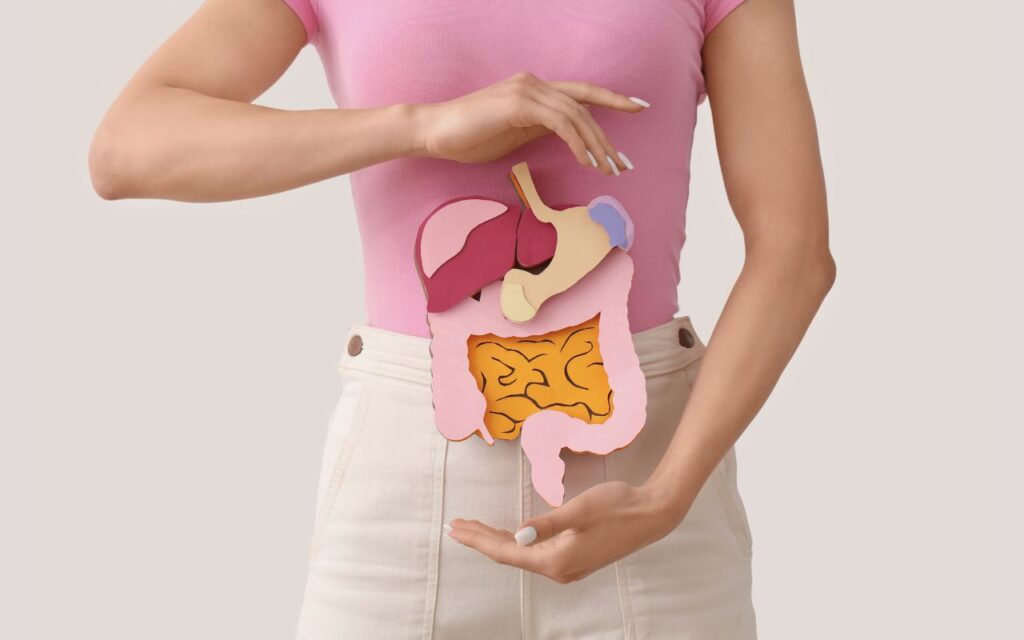Hormonal shifts and liver health: What to know this World Menopause Awareness Month
Health23.10.2024

As we recognize World Menopause Awareness Month, an often-overlooked connection deserves attention — the link between menopause and an increased risk of fatty liver disease. Historically, liver disease conversations have focused primarily on men, but emerging research points to the critical importance of understanding liver health in women, especially during and after menopause.
At the Canadian Liver Foundation, we are committed to improving the prevention, diagnosis, and treatment of liver diseases. This month, we spotlight key findings related to women’s liver health at this pivotal stage of life.
Studies increasingly show that post-menopausal women face heightened risks of liver disease. In particular, research highlights an elevated risk of developing Non-Alcoholic Fatty Liver Disease (NAFLD) — recently renamed Metabolic Dysfunction-Associated Steatotic Liver Disease (MASLD) — a condition where excess fat builds up in the liver, unrelated to alcohol consumption, which can make the liver vulnerable to further injury such as inflammation and scarring.
Dr. Abdel-Aziz Shaheen, a distinguished figure in the field of liver disease, has been at the forefront of studying the prevalence and incidence of MASLD. Dr. Shaheen supports research indicating hormonal changes play a pivotal role in the higher rates of MASLD observed in postmenopausal women. The transition through menopause, it seems, is associated with an increased risk.
While global prevalence rates of MASLD are approximately 26 per cent among women (compared to 40 per cent in men), more women are now being referred for fatty liver disease assessments. One concerning finding is that post-menopausal women are at greater risk of developing advanced liver fibrosis, a dangerous progression of liver disease caused by estrogen deficiency and increased fat accumulation in the liver.
At the Canadian Liver Foundation, we believe that increasing awareness and knowledge is vital in addressing these emerging health findings. By recognizing the connection between menopause and liver health, we can take proactive steps to better manage the risks associated with fatty liver disease, ultimately improving women’s health outcomes.
This World Menopause Awareness Month let’s commit to raising awareness about these important health topics. Doing so not only deepens our understanding of liver health in women but can ultimately reduce the impact of fatty liver disease on their well-being.











